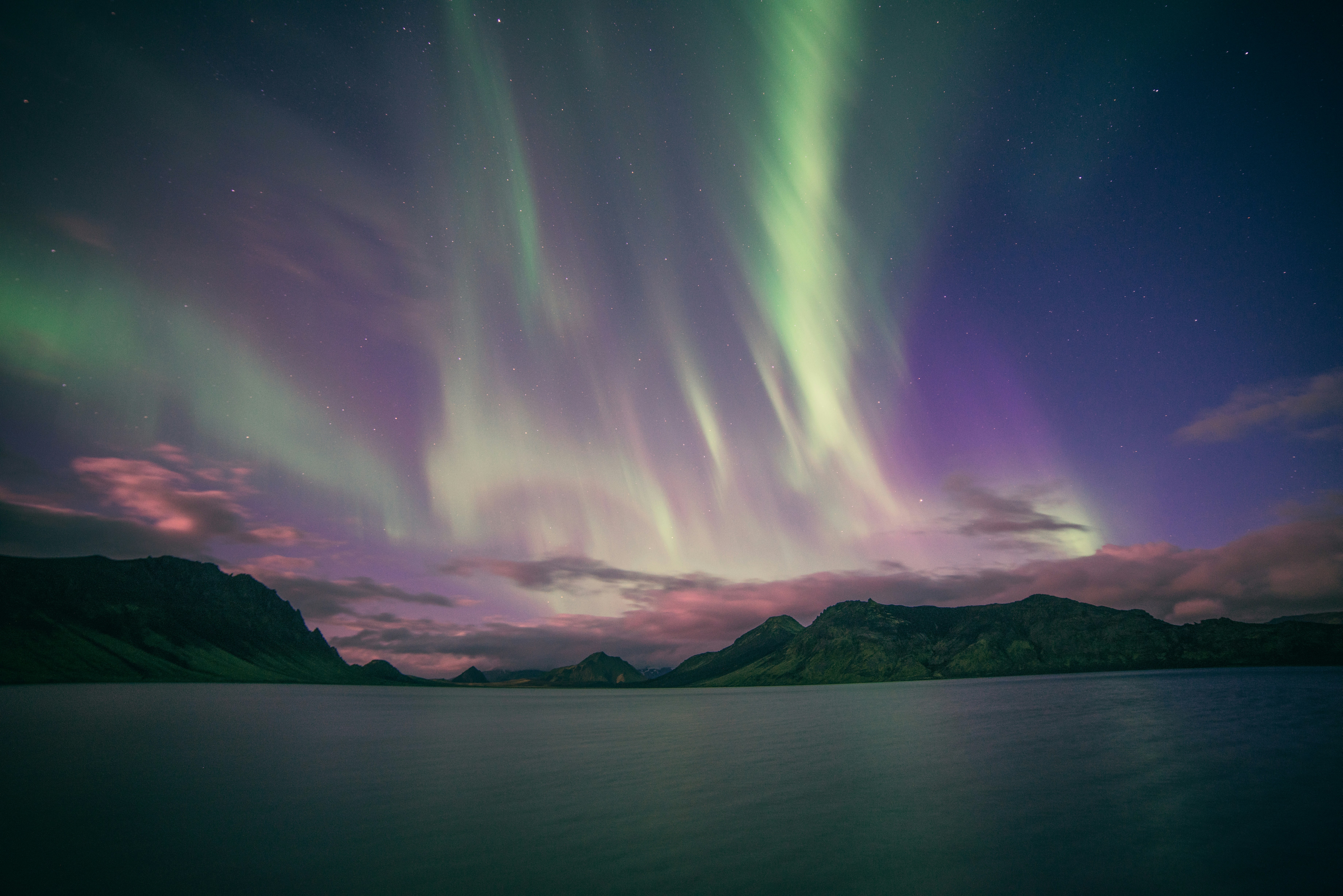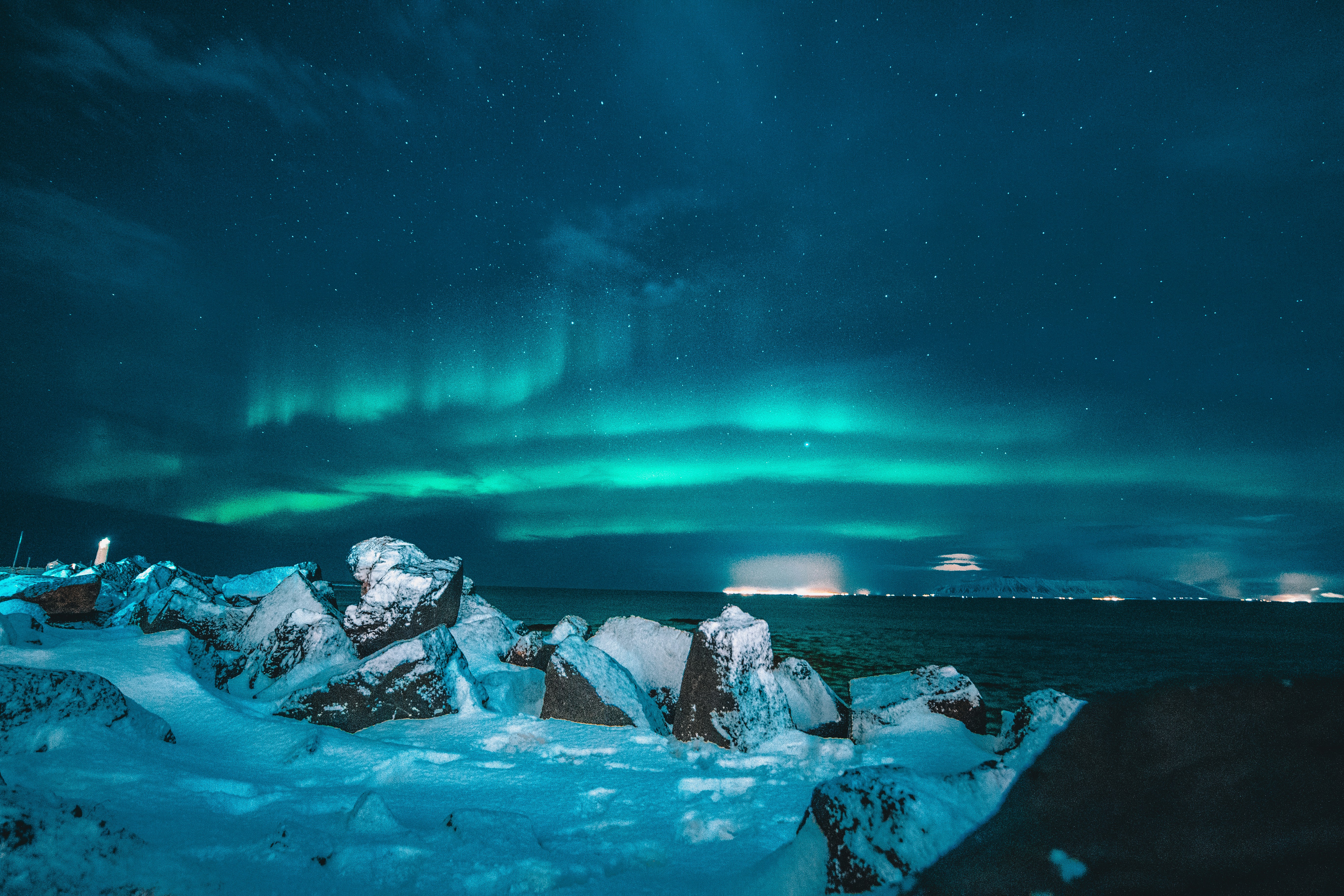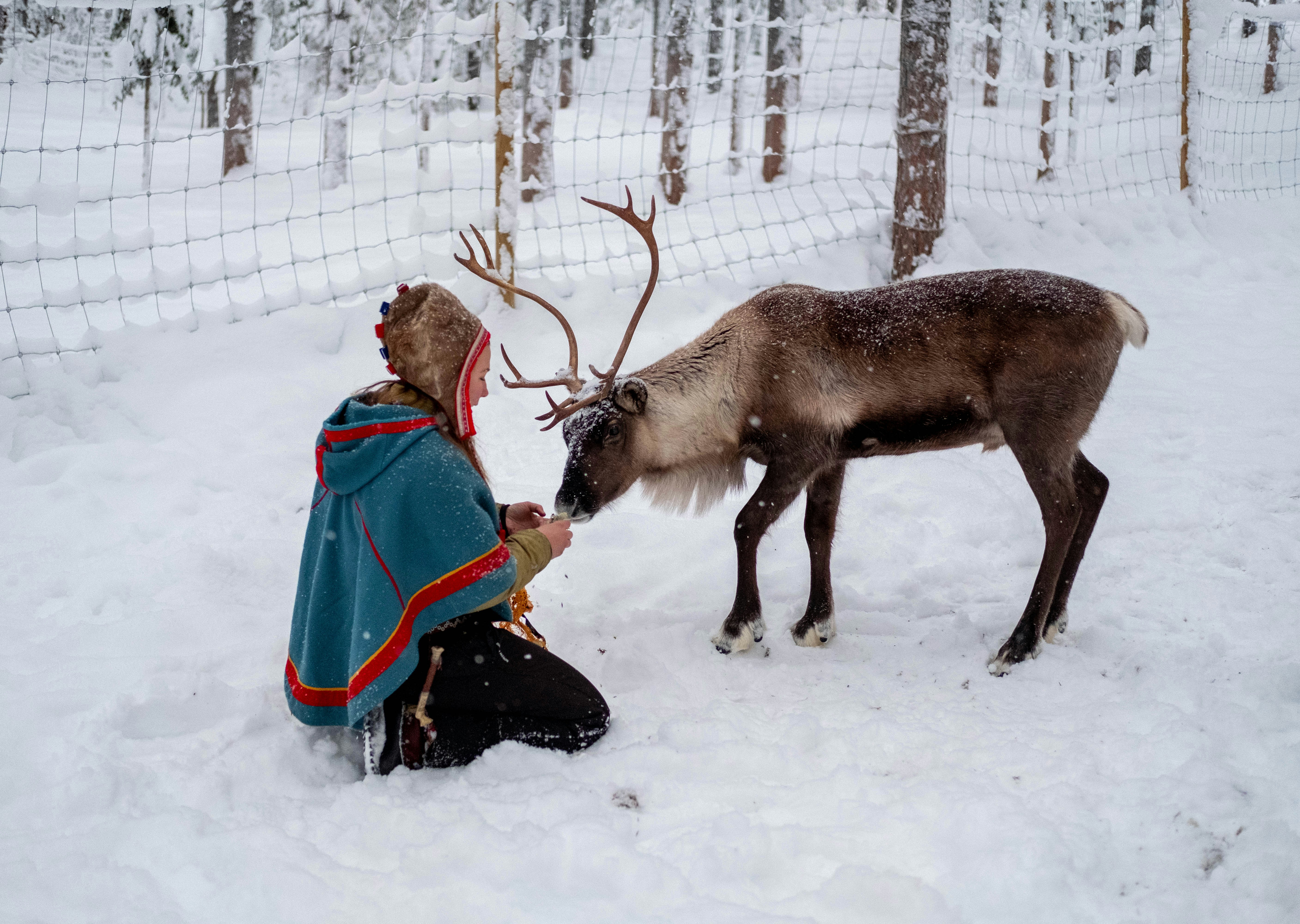Capturing the Northern Lights: A Complete Guide
Learn the secrets of photographing the aurora borealis in the pristine Arctic wilderness of Lyngen.
Capturing the Northern Lights: A Complete Guide
The aurora borealis, or northern lights, is one of nature's most spectacular displays. Lyngen offers some of the best conditions in the world for both witnessing and photographing this incredible phenomenon.
Understanding the Northern Lights
The northern lights occur when charged particles from the sun interact with Earth's magnetic field and atmosphere. This creates the dancing curtains of light that have captivated humans for millennia.
Best Viewing Conditions
- Dark skies: Clear nights with minimal light pollution
- Solar activity: Higher solar activity increases aurora intensity
- Winter months: September through March offer the longest dark periods
Photography Equipment and Settings
Essential Gear
- DSLR or mirrorless camera: Manual mode capability is crucial
- Sturdy tripod: Essential for long exposures
- Wide-angle lens: Capture more of the aurora display
- Extra batteries: Cold weather drains batteries quickly
Camera Settings
- ISO: Start with 1600-3200, adjust based on conditions
- Aperture: f/2.8 or wider for maximum light gathering
- Shutter Speed: 8-15 seconds to capture movement without star trails
Composition Tips
Foreground Elements
Including interesting foreground elements adds depth and context:
- Snow-covered trees
- Traditional Sami structures
- Rocky coastlines
- Frozen lakes reflecting the lights
Timing Your Shots
- Arrive early to scout locations and set up equipment
- Be patient - aurora displays can be unpredictable
- Take test shots to fine-tune your settings
The Science Behind the Colors
Different gases in our atmosphere create different colors:
- Green: Oxygen at lower altitudes (most common)
- Red: Oxygen at higher altitudes
- Blue/Purple: Nitrogen
- Pink: Combination of oxygen and nitrogen
Post-Processing Tips
Enhance your aurora photos with careful editing:
- Adjust highlights and shadows to bring out detail
- Enhance the vibrancy of the aurora colors
- Reduce noise using specialized software
- Don't over-process - maintain the natural beauty
Capture the magic of the Arctic skies during your stay at Lyngen Seaside.


